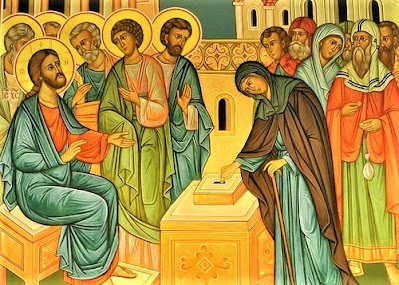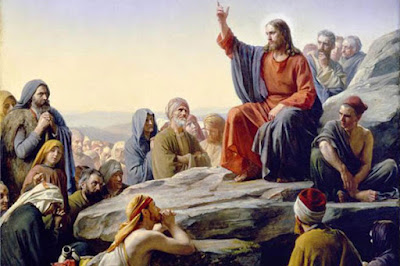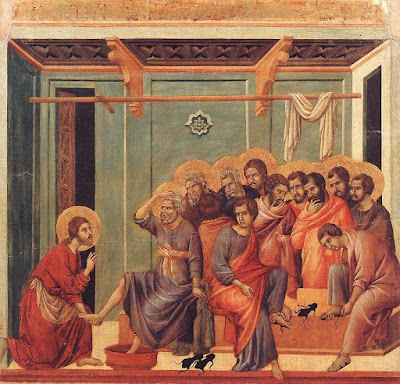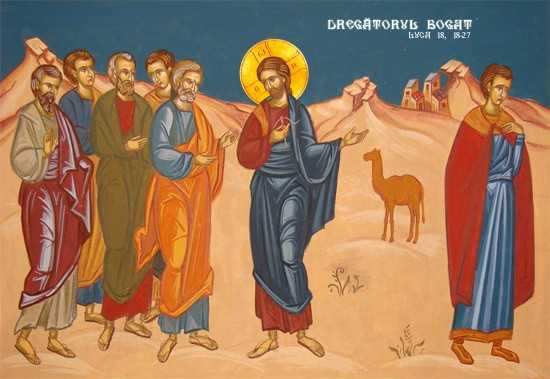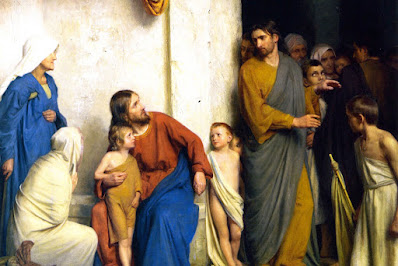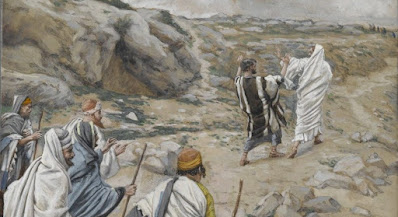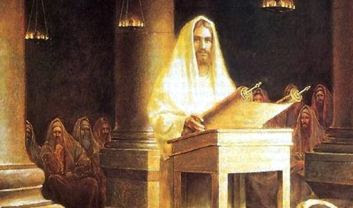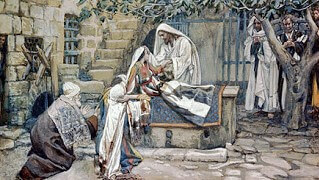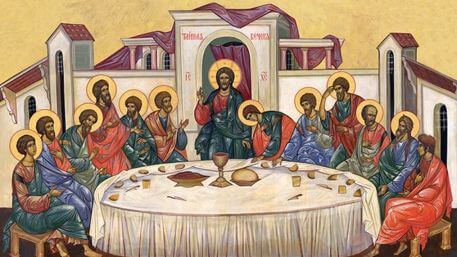Homily for the 33rd Sunday in Ordinary Time, November 14, 2021, Year B
Fr. Charles Irvin Diocese of Lansing ( Click here for Sunday’s readings ) "My world has come crashing down." You’ve heard those words spoken by others around you who have faced calamities, real or imagined. Many of you have, I am sure, in the midst of your own tears uttered those words. Every year at this time the Church has us deal with the apocalyptic, those terrible endings we face in our own personal lives, as well as cataclysmic endings of our collective civilizations and our human epochs and eras. History is replete with them. Questions and concerns about the end of the world abound in our day as they have throughout past. Is there an asteroid headed directly at us? Will the sun burn out? Will we all be destroyed in a nuclear holocaust? Concern about the end of the world and the coming of God’s Messiah was very intense when Jesus of Nazareth came on the scene. The wise men who came from the east following the star were concerned with that question. Many th
